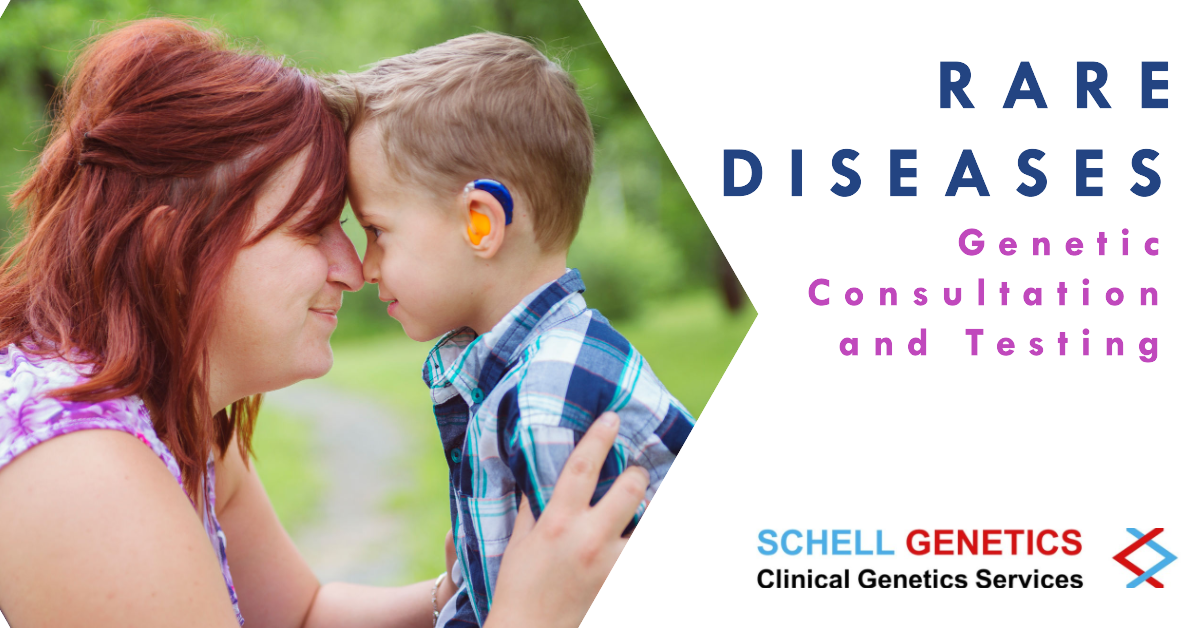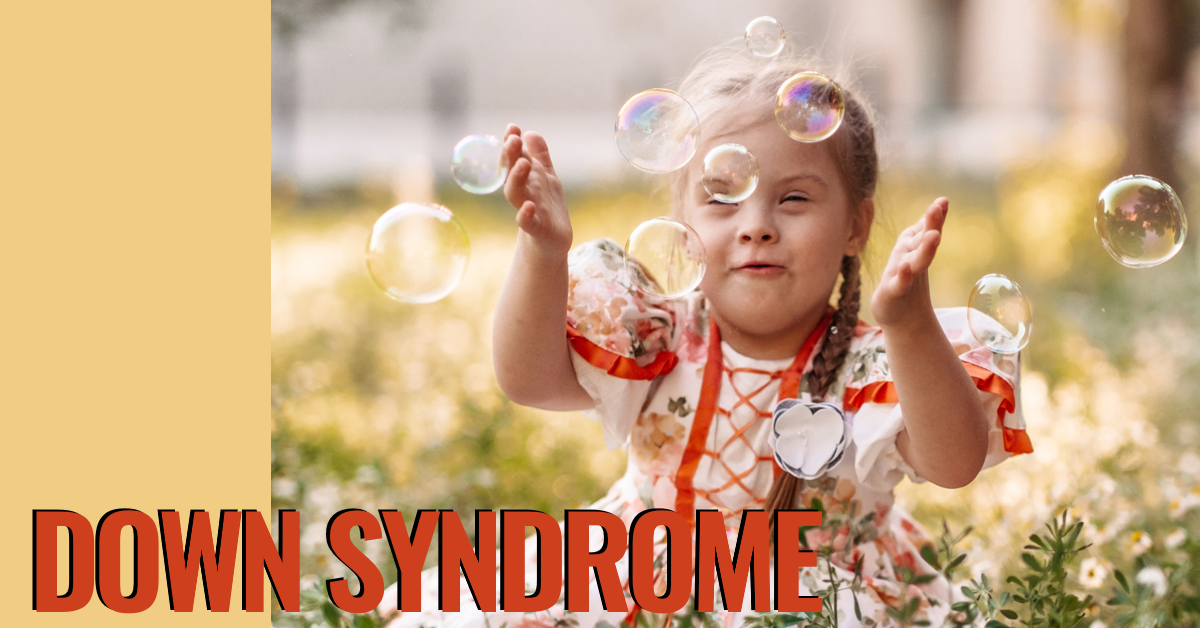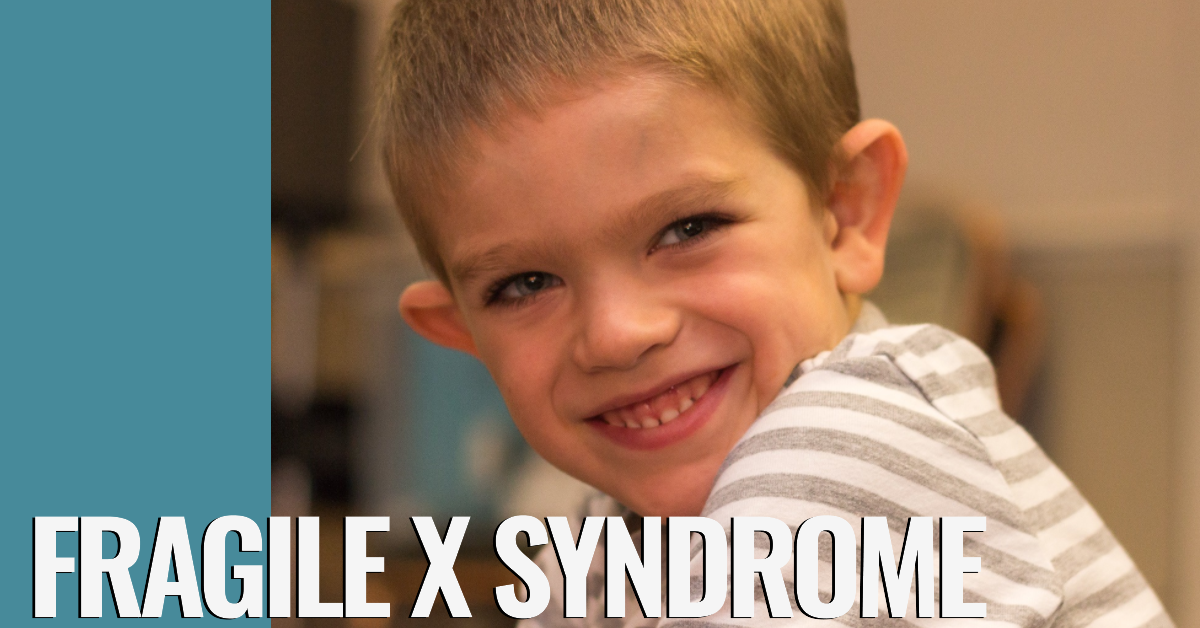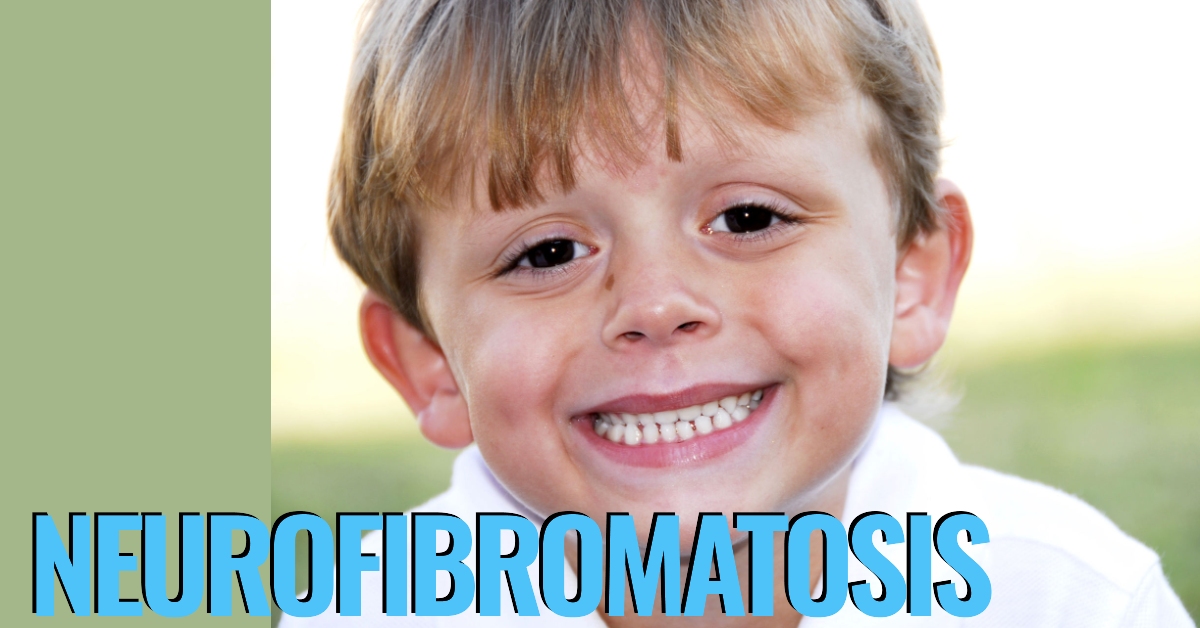
Rare Diseases
Did you know there are over 10,000 rare diseases? According to the European Union, a rare disease is one that affects fewer than 5 out of 10,000 people in general. There are between 6,000 and 8,000 known rare diseases and 1 in 17 people, or 7% of the population, will be affected by a rare disease at some point in their lives.

Down syndrome
Down syndrome is a chromosome disorder associated with intellectual disability, a characteristic facial appearance with a small nose and an upward slant to the eyes, and low muscle tone in infancy. Down syndrome is the result of three copies of chromosome 21 (called trisomy 21) instead of the usual two copies and is typically not inherited.

Fragile X Syndrome
Fragile X syndrome is characterised by moderate intellectual disability in affected males and mild intellectual disability in affected females.

Neurofibromatosis
Neurofibromatosis is a genetic disease that causes tumours to form on nerve tissue. These tumours can develop anywhere in the nervous system, including the brain, spinal cord, and nerves. The tumours in these disorders are usually non-cancerous (benign), but sometimes they can become cancerous (malignant). The symptoms are often mild. However, complications of neurofibromatosis can include hearing loss, learning impairment, cardiovascular problems, loss of vision, and severe pain.
